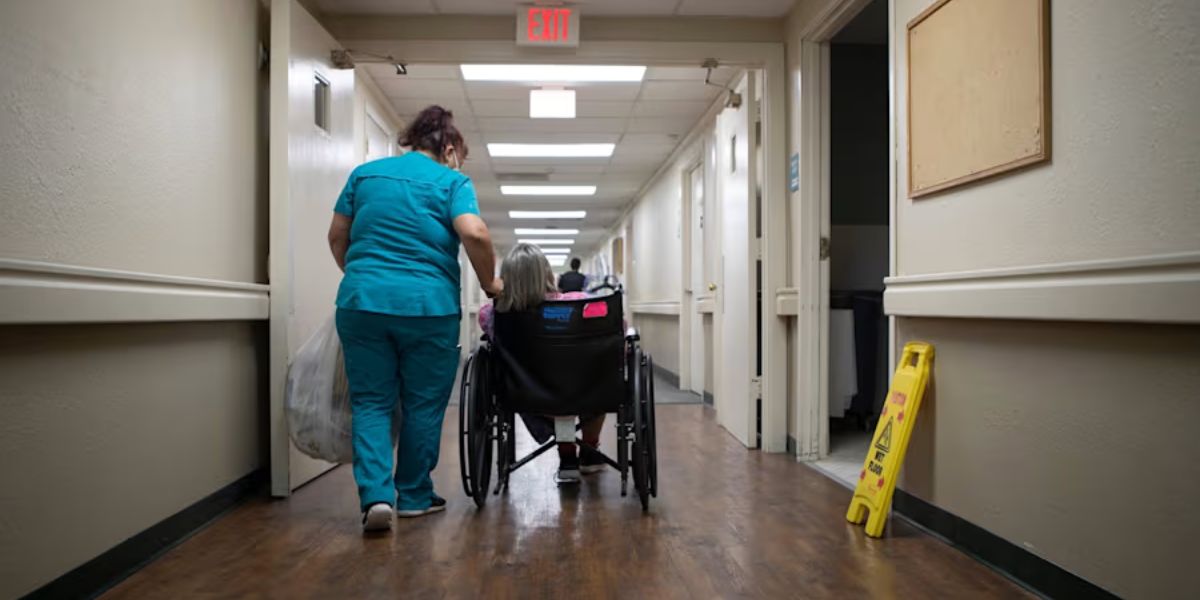A federal judge concluded that Texas has been breaking federal law for decades by sequestering people with severe impairments in poorly operated nursing homes without providing them with alternate living options and community programs.
U.S. District Court Judge Orlando Garcia of the Western District of Texas found on Tuesday that the state had caused irreparable harm to people with intellectual and developmental disabilities by denying them specialised care, including federally mandated programs in the community.
The decision stems from a class action lawsuit filed in 2010 by disability rights advocates and six institutionalised plaintiffs aged 26 to 46, alleging that state social services officials violated the Americans with Disabilities Act by failing to provide appropriate care to approximately 4,500 Texans living in nursing homes.
Advocates claim that the state has repeatedly placed people who were receiving care for their disabilities at home or in the community to nursing homes by mistake after being hospitalised for an illness. Once there, they do not obtain the treatments they require because they have not been properly screened, and they are effectively stranded because many cannot fight for their relocation.
Garth Corbett, senior attorney for Disability Rights Texas, hailed the court ruling, adding that it solidifies persons’ rights to leave a nursing institution and return to the community.
“It underscores the right of persons admitted to nursing facilities with IDD to be provided the necessary supports and services required by federal Medicaid law, so that those who want to live at home or in another community-based setting are able to do so safely,” according to him.
The state organises assistance for the seriously impaired through Medicaid waiver programs. The programs, which are funded by both the state and the federal government, help pay for a variety of services such as residential support, skill development, job coaching, home modifications, and specialised therapies.
Most people with intellectual or developmental disabilities are put on a waitlist for one of these Medicaid waiver programs at a young age. By the time kids reach adulthood, the state has funded the majority of their care, leaving them reliant on state agency decisions.
Jennifer Ruffcorn, a spokesman for the Texas Health and Human Services Commission, confirmed in an email this week that the agency is examining the judge’s judgment.
The Nursing Home Reform Act was passed by the United States Congress in 1987 after a research revealed that many nursing home patients were not receiving proper care and that neglect and abuse were frequent. This also requires nursing homes to assess all applicants for signs of serious mental illness or IDD before accepting them. According to the study, the purpose was to ensure that people with severe disabilities were not wrongly placed in nursing homes, which would worsen their general health faster than if they received care in the community.
Garcia stated in his ruling that the state’s failure to provide these services is a long-standing violation of many federal laws, including the Nursing Home Reform Act, the Americans with Disabilities Act, and the Medicaid Act.









